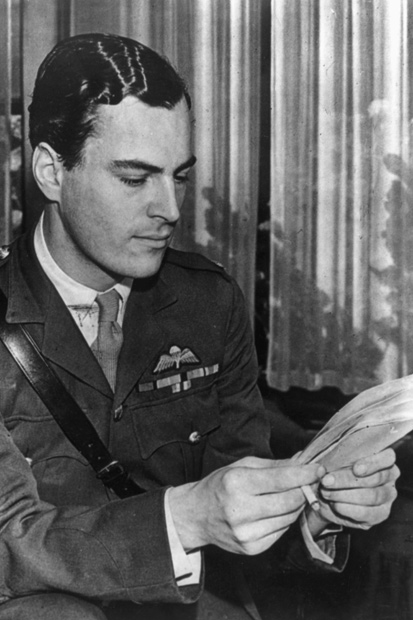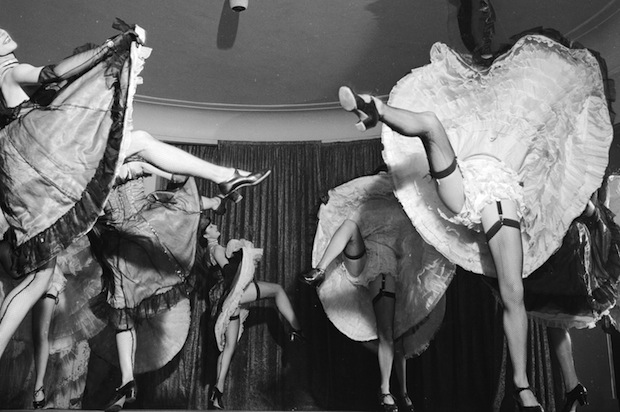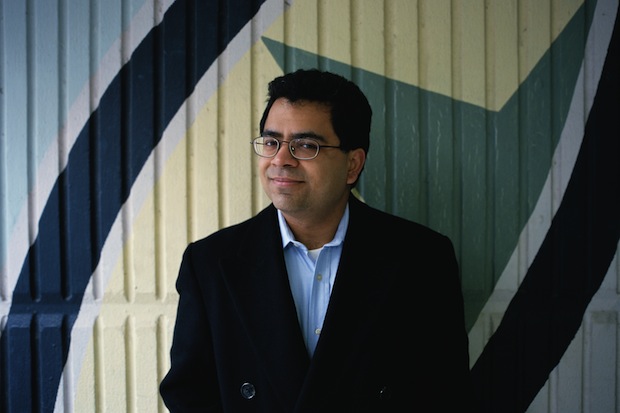On 1 October 1950 the BBC broadcast a seemingly innocuous little play by Val Gielgud. A light-hearted and critically unremarkable political comedy, Party Manners carried a number of pointed criticisms of Labour policy, taking pot shots at egalitarianism, tax-and-spend and big government. With Clement Attlee’s party enjoying only the slimmest of parliamentary majorities and a fresh election in the offing, some BBC executives feared that Party Manners might swing the balance in the Tories’ favour.
Already a subscriber? Log in
Subscribe for just $2 a week
Try a month of The Spectator Australia absolutely free and without commitment. Not only that but – if you choose to continue – you’ll pay just $2 a week for your first year.
- Unlimited access to spectator.com.au and app
- The weekly edition on the Spectator Australia app
- Spectator podcasts and newsletters
- Full access to spectator.co.uk
Unlock this article
Available from the Spectator Bookshop, £17.09. Tel: 08430 600033
You might disagree with half of it, but you’ll enjoy reading all of it. Try your first month for free, then just $2 a week for the remainder of your first year.














Comments
Don't miss out
Join the conversation with other Spectator Australia readers. Subscribe to leave a comment.
SUBSCRIBEAlready a subscriber? Log in